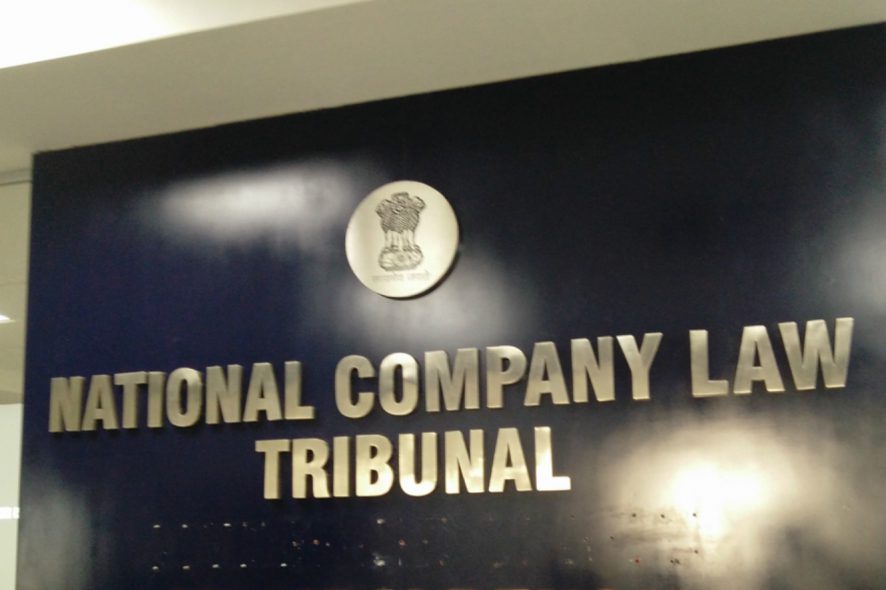National Company Law Tribunal (NCLT): While deciding the instant company petition initiated by the Union of India under Section 241 (2) of Companies Act, 2013 against the Delhi Gymkhana Club (hereinafter DGC) for conducting their affairs in a manner prejudicial to public interest, B.S.V Prakash Kumar (Acting President) observed that there is a prima facie case demonstrating that the DGC has been conducting its affairs prejudicial to public interest, therefore the Union Government was directed to –
- Appoint two nominees of its choice as Members in the General Committee to monitor the affairs of the Club along with other GC Members and give suggestions to the GC,
- Constitute a Special Committee with five Members of its choice to enquire into the affairs of the Club, utility of the land leased out by the State, suggestions for changes in Articles and Memorandum of Association, membership issues including waitlist and about accelerated membership, adherence of the Club to the Rules governed by Section 8 of the Companies Act, 2013 and other miscellaneous issues and, file report of recommendations suggesting for better use of the club premises.
- The General Committee shall not proceed with construction or further construction on the site, it shall not make any policy decisions and it shall not make any changes to the Memorandum of Association or Articles of Association
The DGC was established in 1913 during the British Raj for use of the ‘ruling elite’ comprising officers (mostly British) of the Indian Civil Service, Armed Forces and Civil Residents of the then Delhi. As observed by the Tribunal, post independence, “This ruling elite culture seeped into independent India through usage of this club.” The Union Government contended that Club was registered as a Company under S. 8 and has been continuing for more than hundred years on 27 acres of land leased out by the then Government and hosting highly positioned Government Officers and non-government people limiting access to the privileged people. It was further submitted that many people, who applied for membership, could not get in even after decades of waiting period because permanent members’ children sneak into the club through various ways, for eg. – as dependents; as green card holders; as UCP Holders, thereby short-circuiting the waitlist order. The money taken from the waitlist applicants is being used by the persons coming through various channels, which according to the Government is unfair and prejudicial to the interest of the public. On the contrary, the DGC contended that it can do whatever its Articles of Association permit; the Government cannot question the club holding it out as prejudice to the public interest. The DGC also contended that there was non- application of mind on the part of the Government while forming their opinion on the conduct of DGC’s affairs.
Perusing the contentions, the Principal Bench observed that when any organisation is ‘basking in the past glory on the State largess’, the shadow of Article 14 of the Constitution will fall upon such organisation. It is no doubt if anybody comes in the way of forming clubs or associations, or continuation of those associations, such right shall not be truncated, but “the right of forming association cannot be extendable to say that it has right to use acres of land of the state for lazing around barbing the club so that let-in to others is next to impossible”. The Tribunal also noted that how the counsels for the DGC in their contentions kept insisting on the DGC is a privileged club to high level officers, judges, eminent persons, business men. The Tribunal stated that Section 241 of the Companies Act, 2013 deals with something that is unfair. It may seemingly be fair and right on surface, but at the bottom, it manifests prejudice to the public at large or a member or company.
The Tribunal upon observing the admission process noted that only who are in top position in the Government and outside the Government become members. Moreover the DGC enjoys the Govt. land in the prime area of Lutyen’s Delhi and is sitting on the monies of the public in the name of entrance fees or registration fees, on the contrary opening the Club membership only to the family members of permanent members or their descendants, thereby making the membership hereditary. All this shows imperial behaviour and insensitiveness of the Club against the tenets of democracy. Therefore it can be said that the Club affairs are relevant to the public, thus DGC’s conduct is prejudicial to public interest. [Union of India v. Delhi Gymkhana Club Ltd., CP No. 71 of 2020, decided on 26-06-2020]







